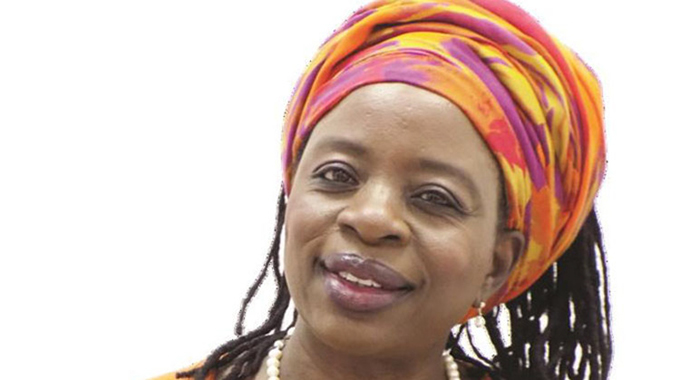Minister, industrialists meet
THE Minister of Industry and Commerce, Dr Sekai Nzenza, will meet captains of the manufacturing industry tomorrow to review the first quarter business and economic performance.
The meeting will also coincide with the official launch of the 2021 Manufacturing Sector Survey results.
The Confederation of Zimbabwe Industries (CZI) will host the event, which is also expected to tackle among other issues the disruption of global supply chains due to the ongoing Russia-Ukraine conflict.
The war has seen a recent spike in prices of most basic commodities, which has been worsened by speculative market indiscipline, authorities have said.
Reports by Zimstat indicate that industry capacity utilisation rose to 66 percent by
December 2021 from 47 percent at the beginning of the year.
According to a schedule seen by Business Chronicle, CZI president, Mr Kurai Matsheza, will lead the private sector cast while Dr Renneth Mano from the Livestock and Meat Advisory Council will share agriculture perspectives.
Giant retailer, N Richards Group director Mr Archie Dongo will speak on the retail sector perspective on the manufacturing sector survey results while CZI chief economist, Dr Cornelius Dube, will present the annual manufacturing sector results.
The CZI survey is a flagship study that offers critical insight into the state of the country’s manufacturing sector and guides key policy interventions.
Economist, Mr Morris Mpala said while the rise in industry capacity utilisation has seen local products regain shelf space, there was a need to address issue of raw material imports.
Economist, Mr Morris Mpala
His remarks come amid concern that the food processing sector is importing more than 70 percent of its raw materials, making it one of the biggest consumers of scarce foreign currency.
“While we note that capacity utilisation is on the rise, it is important for surveys to give us what is imported and what is obtained locally to make the final product,” said Mr Mpala.
He said the obtaining situation is that the bulk of the foreign currency is spent on importing raw materials.
Mr Mpala said there is therefore a need to produce more raw materials and cut on imported components of the products.-The Chronicle









